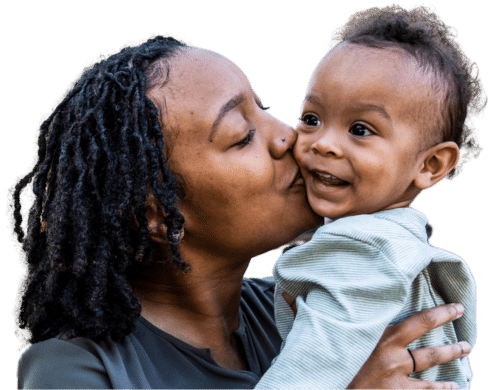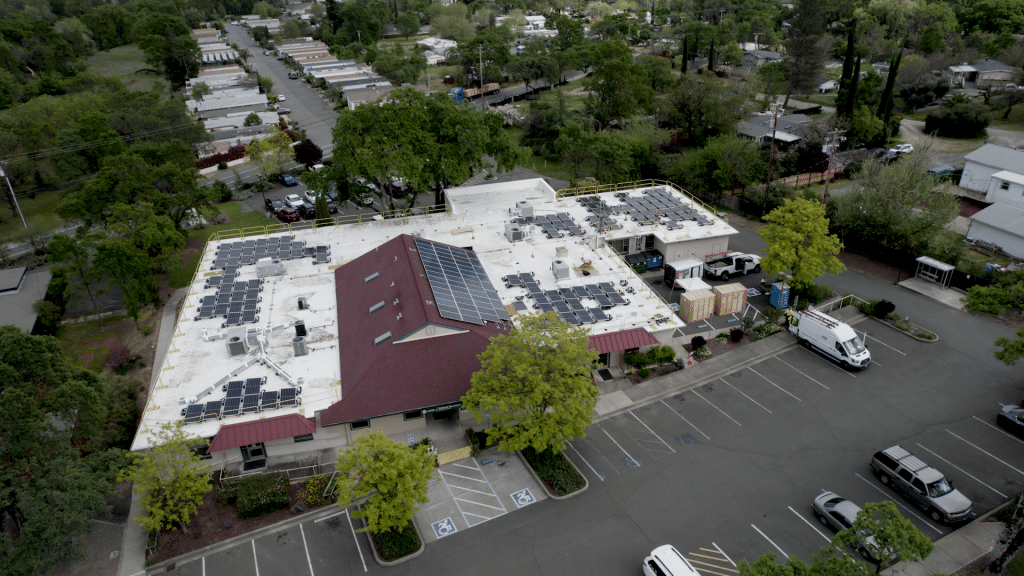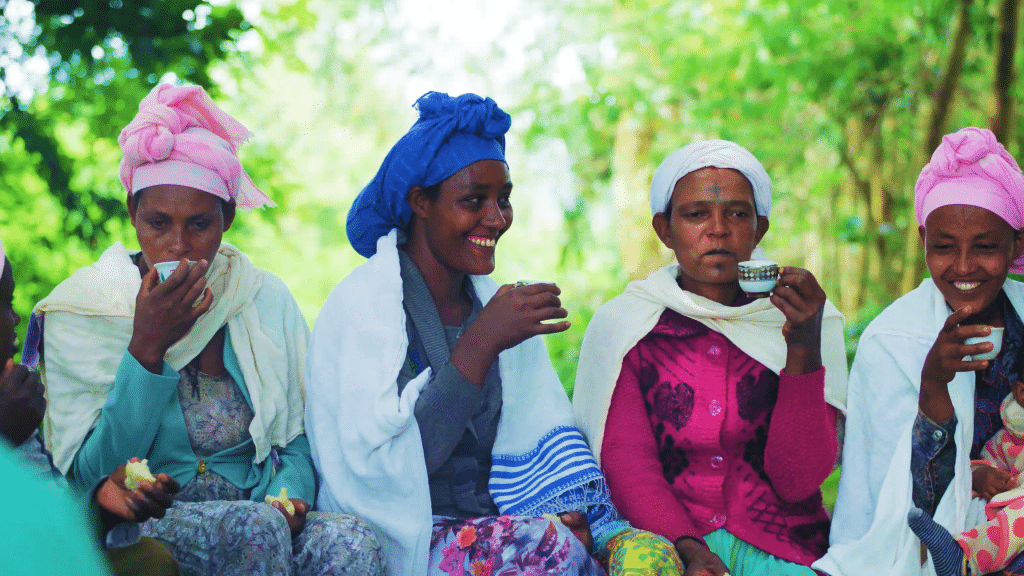The path to parenthood is a personal journey for every family. The twists and turns along that journey are as unique as families and individuals themselves – defined by choices, challenges, and chance. Sometimes things go according to plan. Sometimes they don’t.
There is an inseparable link between maternal health and reproductive health care. To help mothers thrive and families flourish, we must recognize that they are both essential to women’s health and well-being.
As the directors of the Packard Foundation’s Children and Families initiative and U.S. Reproductive Health initiative, we envision a future where all women and pregnant people can make informed choices about their health and have access to the high-quality care they need to be healthy and thrive. As we lead our grantmaking initiatives at the Foundation, we are working together to make this vision a reality.
Why now?
For nearly 60 years, the Packard Foundation has supported the freedom of individuals to choose whether and when to have a child and the ability of families to give their children a strong, healthy start so they can reach their full potential.
Today, women in the U.S. face increasing challenges getting the care they need to be healthy and thrive. A growing emergency in maternal health has made pregnancy-related mortality more likely in the U.S. than in any other high-income nation. In particular, Black, Indigenous, and Latino families bear an unequal share of the burden, with pregnancy-related deaths two to three times more likely for Black and Indigenous women compared with White women, and Latino families experiencing an increase in maternal mortality since the onset of COVID-19.
At the same time, women and pregnant people across the country continue to deal with the fallout of the U.S. Supreme Court’s decision to eliminate the federal constitutional right to abortion, which falls heaviest on the same women and communities who are at risk of maternal and child health disparities: Black, Indigenous, and other people of color and families with low incomes. With Florida’s six-week ban taking effect last week, abortion is now largely unavailable in the U.S. South, the region home to more than half the nation’s Black population, further deepening existing inequities.
A recent report from Louisiana – a state that completely bans abortion and imposes criminal sanctions on doctors who provide abortion care – highlights the impact of abortion bans on maternal healthcare. The report found a chilling effect from the ban, including the fact that some doctors are delaying early prenatal care visits until patients reach 12 weeks of pregnancy (when risk of miscarriage drops significantly) for fear of prosecution in the event of a miscarriage. This can be particularly harmful for people who might have complications or higher risk pregnancies.
These examples make it clear that abortion bans contribute to worsening maternal mortality and morbidity rates. Researchers also suggest that a potential national ban would dramatically deepen the crisis while increasing racial disparities in outcomes.

This year, recognizing that a healthy start for children begins with healthy moms and healthy births, the Foundation’s Children and Families initiative expanded its focus to help ensure pregnant people and moms have access to quality, culturally responsive prenatal and birthing care, affordable childcare, and financial support. The Children and Families initiative will work alongside the U.S. Reproductive Health initiative, especially in Mississippi and Louisiana, to support a broader
continuum of care to better address women’s diverse experiences. This includes recognizing that the same women who choose to raise children may also need access to safe and legal abortion services. Because we know that most women who have an abortion also have children.
We envision a future that celebrates the journey of parenthood while respecting the individual choices and healthcare needs of every woman. For that vision to become a reality, high quality healthcare that includes comprehensive prenatal care, childbirth support, and postpartum resources must exist alongside accessible contraceptive and abortion care.
That’s why we’re exploring grantmaking opportunities to promote policies that advance access to quality healthcare for parents and non-parents alike; to ensure providers reflect the diversity of the communities they serve; and to help trusted local organizations increase their capacity to provide care for families across a continuum of care.
As our two teams continue to explore these opportunities, we’ll be guided by the belief that all women, moms, and pregnant people, regardless of their path to parenthood, should have the resources and support they need to thrive. Maternal health and reproductive rights are not competing interests, but rather are complementary cornerstones in the foundation of a brighter future for women, mothers, pregnant people, and families.










